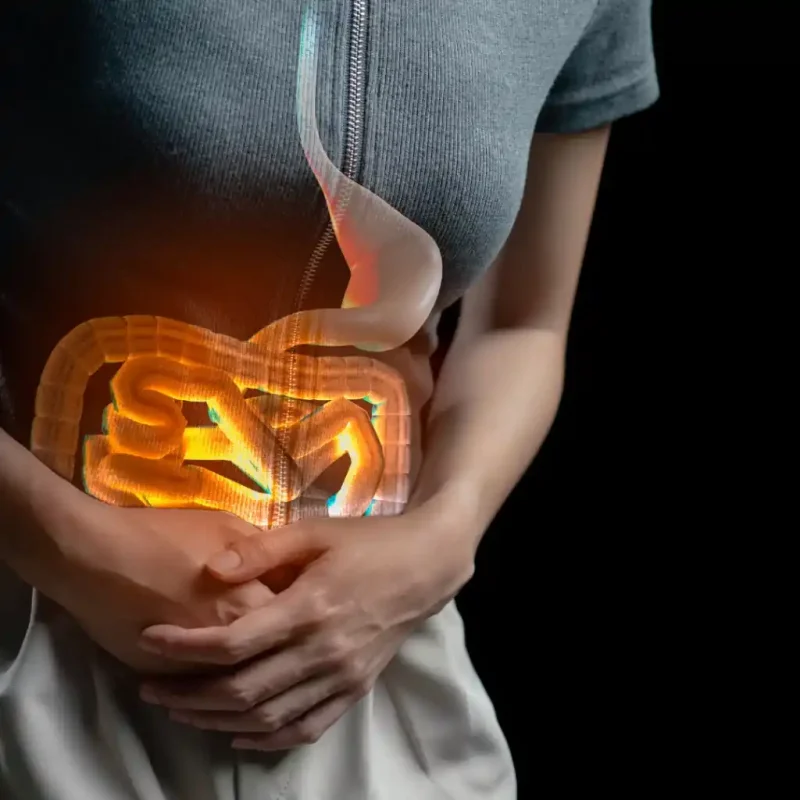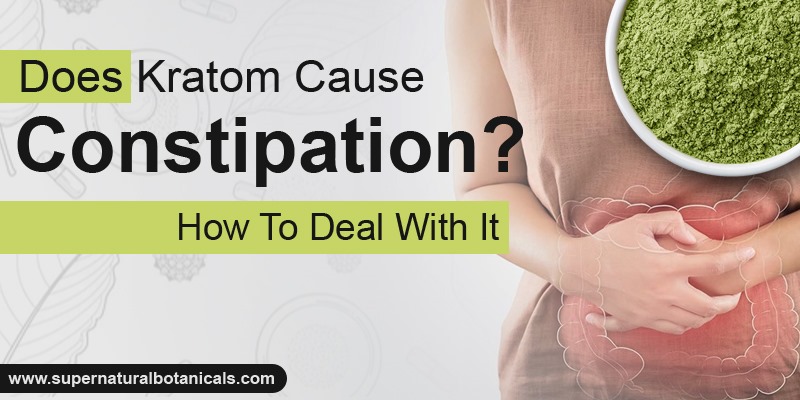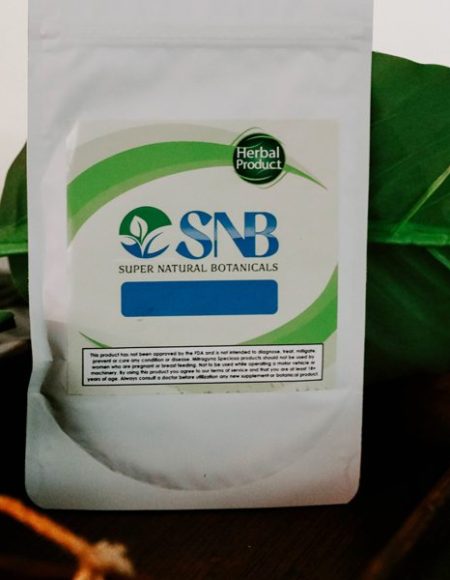Update Date: 11/10/2023
Kratom, a natural herb with a growing following, is no stranger to both praise and scrutiny. Among the less-discussed challenges it may bring, constipation stands as a common and often unwelcome companion for some Kratom enthusiasts.
Regular, prolonged Kratom use, especially when consumed in excessive amounts, can result in constipation. While Kratom-induced constipation is not life-threatening, it can cause considerable discomfort, leaving users in search of relief each time they use the herb.
If you’ve experienced abnormal bowel movements with Kratom, this article is your roadmap to straightforward and effective strategies for addressing kratom-induced constipation.
Before we discuss constipation as an effect of Kratom, let’s delve a bit into the basics.
WHAT IS CONSTIPATION?
Constipation is a common digestive condition characterized by infrequent bowel movements, typically less than three times a week. It can result in dry, hard stools that are difficult to pass, causing discomfort.
Factors contributing to constipation may include a lack of dietary fiber, dehydration, a sedentary lifestyle, or certain medications. Relief often involves dietary adjustments, increased water intake, and lifestyle changes.
Those who use Kratom regularly often report irregular bowel movements with difficulty and discomfort in passing stool.
Also Read This Article On Can You Get High from Taking Too Much Kratom?
HOW DOES KRATOM CAUSE CONSTIPATION?
Though science doesn’t claim or show how Kratom causes constipation, the herb has alkaloids very similar to opioids and that’s where the notorious side effect of constipation comes into the equation. This is how Kratom may lead to this adverse effect:
- SLOWED BOWEL MOTILITY
Kratom causes opioid-like effects on the body. Hence, the alkaloids in Kratom interact with opioid receptors in the digestive tract which slow down the movement of the gastrointestinal muscles, leading to reduced peristalsis (the natural contractions that propel stool through the intestines). Slower bowel motility can result in stools remaining in the colon for longer periods, becoming harder and more difficult to pass.
- DEHYDRATION
Kratom can have a diuretic effect, meaning it may increase urine production and contribute to fluid loss. Dehydration can lead to firmer and drier stools, exacerbating constipation.
- TOLERANCE OR DEPENDENCE
In some cases, regular and prolonged use of Kratom can lead to tolerance, where individuals need higher doses to achieve the same effects. This can result in increased constipation as the dosage rises.
The concern surrounding constipation extends beyond immediate discomfort; it encompasses the potential for enduring consequences. Prolonged constipation can lead to complications such as anal fissures (tears in the anus) and hemorrhoids (swollen rectal veins), both of which result from excessive straining during bowel movements.
Hence, Kratom consumers need not resign themselves to this side effect; instead, let’s explore effective strategies to combat it head-on!

HOW TO PREVENT AND MANAGE KRATOM-INDUCED CONSTIPATION?
Preventing or managing Kratom-induced constipation involves a combination of dietary, lifestyle, and Kratom usage adjustments. Here are some practical tips to help:
- Stay hydrated: Ensure you’re drinking an adequate amount of water throughout the day. Dehydration can contribute to constipation, so staying well-hydrated is essential.
- Increase fiber intake and consume a balanced diet: Consume fiber-rich foods like fruits, vegetables, whole grains, and legumes. Fiber helps soften stools and promotes regular bowel movements.
- Adjust Kratom dosage: Consider reducing your Kratom dosage or frequency. Lowering your intake may reduce the severity of constipation. When consuming Kratom, it’s always good to follow the right dosage for you.
- Rotate strains: If you’re a regular Kratom user, try rotating between different strains. Some users report that certain kratom strains are more likely to cause constipation, so experimenting with different varieties might help.
- Over-the-counter laxatives: If constipation becomes severe, you can use over-the-counter laxatives as a short-term solution. However, it’s essential not to rely on them excessively, as this can lead to dependency.
- Exercise: Regular physical activity can help stimulate bowel movements. Out of the numerous benefits of physical activity, one is its contribution to a healthier digestive tract. So, try to incorporate any form of physical activity into your daily routine.
- Take probiotics: Probiotics are good microorganisms that help regulate the digestive system. You can either opt for commercially available probiotic supplements, or you can seek natural probiotics usually found in fermented foods such as yogurt, kefir, soft cheese, buttermilk, miso, and tempeh. Make sure you check with a healthcare provider before starting any new supplement.
- Try natural remedies: Natural remedies like senna, flaxseed, or prune can provide relief from constipation. However, it’s crucial to consult with a healthcare provider before using these remedies, especially if you have underlying health conditions or are taking medications.
- Listen to your body: Pay attention to your body’s signals. If you feel the urge to have a bowel movement, don’t delay it. Ignoring the urge can lead to more significant constipation issues.
- See a doctor: If constipation persists or becomes severe despite trying these strategies, consult your healthcare provider. They can assess your situation and provide appropriate guidance or treatment options.
Also Read This Article On Can Kratom Cause Headaches – How Can I Avoid It?
CAN KRATOM ALSO CAUSE DIARRHEA?
Kratom’s potential to cause diarrhea is not fully understood, but anecdotal reports from online forums like Reddit suggest a few potential mechanisms.
Firstly, kratom has astringent properties, which means it can create a sensation of dryness upon contact with mucous membranes or fluids in the body. Some individuals with sensitive digestive systems have reported that this drying effect may irritate the gastrointestinal tract, leading to diarrhea as the body attempts to flush out the perceived irritant.
Secondly, kratom contains a variety of alkaloids, some of which act as stimulants rather than depressants. For some users, these stimulant alkaloids may have a laxative effect on the digestive system, leading to increased bowel movements and diarrhea. Additionally, kratom’s impact on the nervous system and its potential to cause changes in bowel habits may contribute to diarrhea in sensitive individuals.
WHEN TO TAKE A BREAK
It’s a good idea to consider taking a break from Kratom to allow your digestive system to recover. Here are some signs and situations in which it’s advisable to take a break:
- When you get persistent and severe constipation
- When your bowel movements get highly irregular
- When constipation is affecting other areas of your health
- If you have other health concerns or conditions that may get exacerbated by constipation or Kratom use
Once you’ve become familiar with the challenges of Kratom-induced constipation, you may find yourself contemplating a second thought before resuming Kratom use, pondering a crucial question:
CAN KRATOM BE CONSUMED AGAIN AFTER SUFFERING FROM KRATOM CONSTIPATION?
If users have recently experienced the painful side effects of constipation with Kratom use, it is better to cut down on its usage and follow prevention strategies to achieve a healthy state before continuing to use the herb.
Having a balanced diet rich in fiber, taking lots of fluids, and exercising are some of the best remedies that can help counter constipation while the user is on a break from Kratom use.
However, when the consumption is resumed, it is advisable to start with lower-than-usual doses while monitoring the effects on the bowel.
If constipation kicks in again, switching to a different kratom strain with an even lower dosage might be helpful. As long as the user has severe constipation, they should stay away from Kratom and seek medical help.
The Bottomline
While Kratom can offer various benefits for those who use it, it’s important to be mindful of potential side effects such as constipation, particularly with long-term or excessive use. While not life-threatening, Kratom-induced constipation can be a significant source of discomfort and inconvenience.
Users should approach Kratom consumption with moderation, stay hydrated, and consider dietary adjustments or supplements if constipation becomes a concern. Additionally, consulting with a doctor is advisable for those experiencing persistent or severe constipation related to Kratom use.
FAQs
Why does kratom cause constipation?
Kratom can induce constipation due to its interaction with opioid receptors in the body, leading to reduced intestinal motility and slower peristalsis. This effect can hinder the smooth passage of stool through the digestive tract. Additionally, kratom’s diuretic properties can lead to dehydration, causing the colon to absorb more water from the stool, resulting in dry and hard feces that are challenging to pass.
Which kratom strain causes the least constipation?
The red vein Kratom is the most potent among all the strains and causes the most stimulating effects. While it is generally relaxing, it also leads to greater opioid-like effects and hence is more likely to cause constipation.
If you use red strain Kratom and experience constipation, try switching to a different Kratom strain and follow the remedies mentioned in the article to experience relief.
Does taking small sips of magnesium citrate help manage Kratom constipation?
Yes. Magnesium citrate helps relieve constipation from Kratom by drawing water into the intestines, softening and increasing the bulk of stool, while also promoting muscle relaxation in the gastrointestinal tract. These actions collectively make it easier for stool to pass through the colon, reducing the discomfort and difficulty associated with constipation, and leading to more regular bowel movements. However, it should be used cautiously and under medical guidance to avoid potential side effects like diarrhea and electrolyte imbalances.
Does Kratom tea prevent constipation?
Kratom tea may have a milder impact on constipation compared to consuming kratom in other forms, such as capsules or powdered leaves. The reason for this is that because of slow sipping, it is easier on the stomach which potentially leads to fewer gastrointestinal side effects, including constipation. However, it’s important to note that kratom can still have constipating effects for some individuals, regardless of how it’s consumed, as it affects opioid receptors in the body.
References:
Sources:
- https://www.ncbi.nlm.nih.gov/pmc/articles/PMC9130800/
- https://journals.lww.com/ajg/abstract/2011/05000/opioid_induced_constipation__challenges_and.8.aspx
- https://my.clevelandclinic.org/health/drugs/20745-magnesium-citrate-solution
- https://www.healthline.com/nutrition/kratom-tea#bottom-line

Jennifer Kurtz is a founder of KratomGuides.com and studied medicine at the New Jersey School of Medicine (Rutgers). She is passionate about developing her knowledge of Kratom, and nutritional supplements. In addition to attending medical webinars and conferences, she loves to write research-based articles for magazines, healthcare professionals, and medical agencies. Jennifer is always looking to develop her knowledge for the Kratom through scientific researches and frequently asked questions of customers looking to buy kratom from reliable sources.


















